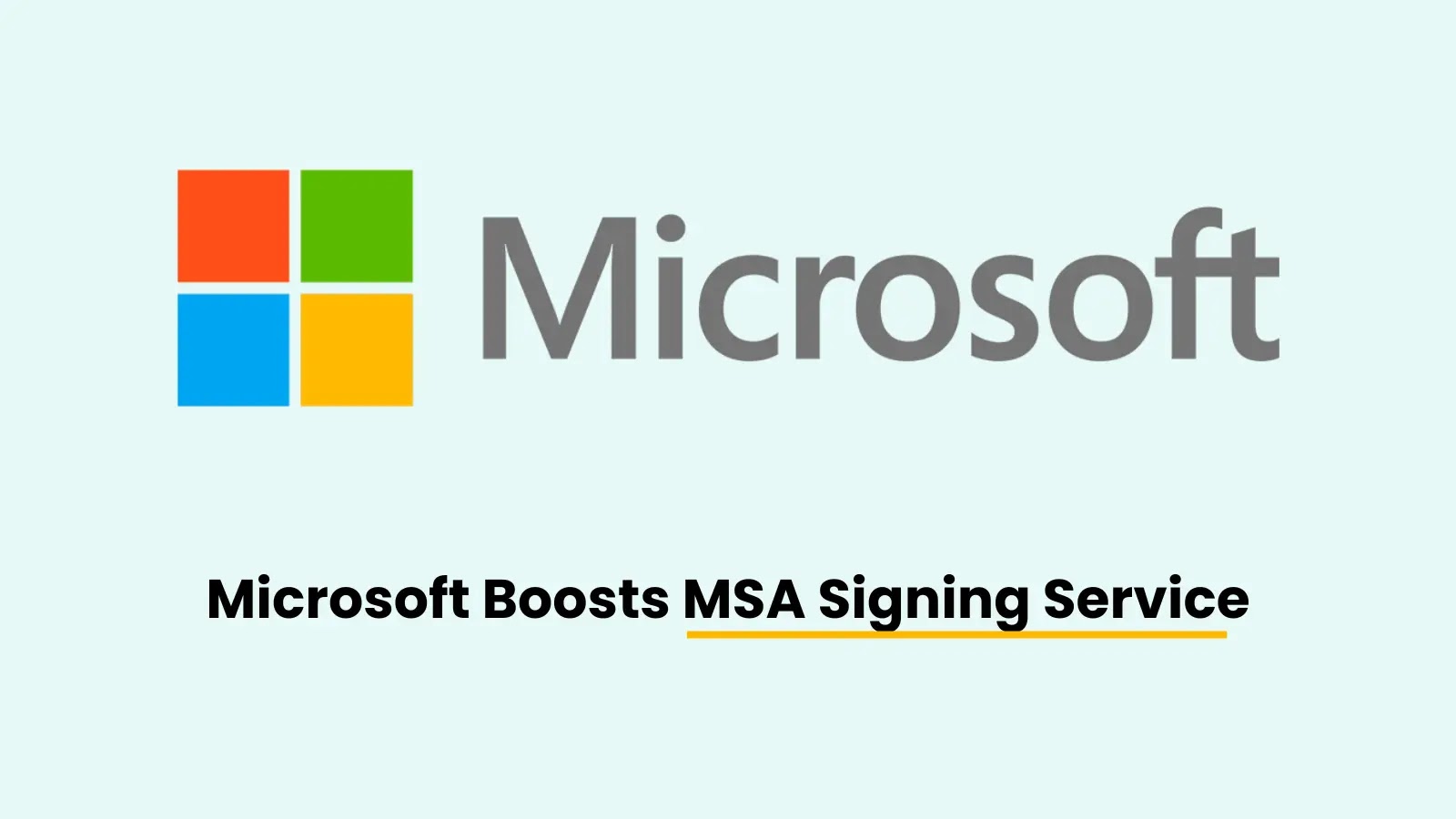Qualys, a leading provider of cloud-based security and compliance solutions, has disclosed a data breach resulting from a sophisticated supply chain attack. The incident involved unauthorized access to a segment of its Salesforce data through compromised OAuth tokens linked to the Salesloft Drift marketing platform.
Incident Overview
The breach originated from a cyberattack targeting Salesloft Drift, a third-party Software-as-a-Service (SaaS) application utilized by Qualys to automate sales workflows and manage marketing leads. Attackers successfully exfiltrated OAuth authentication tokens that connected Drift to Qualys’s Salesforce instance, enabling unauthorized access to specific data within the Salesforce environment.
Scope of the Breach
Qualys has confirmed that the unauthorized access was confined to certain information within its Salesforce environment, primarily used for managing leads and contact information. Crucially, the company’s core security infrastructure remained unaffected. There was no impact on Qualys’s production environments, including its shared and private platforms, codebase, or any customer data hosted on the Qualys Cloud Platform. All Qualys platforms, agents, and scanners continued to operate without disruption.
Immediate Response and Mitigation
Upon detecting the breach, Qualys promptly activated its incident response plan. The security team took swift action to contain the threat by disabling all Drift integrations with its Salesforce data, effectively terminating the attackers’ access. To bolster its investigative efforts, Qualys engaged Mandiant, a renowned cybersecurity firm, which is also assisting other organizations impacted by this widespread campaign against Salesloft Drift.
Broader Impact on the Industry
This supply chain attack has affected several prominent organizations, including:
– Palo Alto Networks: The cybersecurity firm confirmed the exposure of business contact information and internal sales data from its CRM platform.
– Zscaler: The cloud security company reported that customer information, including names, contact details, and some support case content, was accessed.
– Google: In addition to its role as an investigator, Google confirmed that a very small number of its Workspace accounts were accessed through the compromised tokens.
– Cloudflare: The company disclosed that a sophisticated threat actor accessed and stole customer data from its Salesforce instance.
– PagerDuty: The incident resulted in unauthorized access to some of its data stored in Salesforce.
– Tenable: The breach exposed the contact details and support case information of some of its customers.
Implications and Recommendations
This incident underscores the critical importance of securing third-party integrations and the potential risks associated with supply chain attacks. Organizations are advised to:
1. Review Third-Party Integrations: Conduct thorough assessments of all third-party applications connected to critical systems to identify and mitigate potential vulnerabilities.
2. Implement Robust Access Controls: Ensure that OAuth tokens and other authentication mechanisms are securely managed and regularly reviewed to prevent unauthorized access.
3. Enhance Monitoring and Detection: Deploy advanced monitoring tools to detect unusual activities associated with third-party integrations promptly.
4. Develop Incident Response Plans: Establish and regularly update incident response plans to address potential breaches involving third-party services effectively.
By taking these proactive measures, organizations can strengthen their defenses against supply chain attacks and safeguard sensitive data from unauthorized access.



